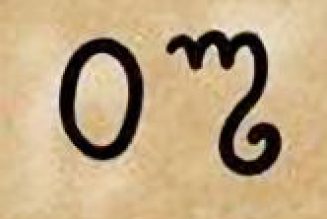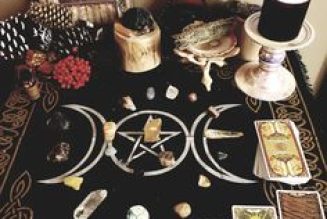Humans have eaten bread for at least 8,000 years. We have made it round, oblong, square, and triangular; flat as a pancake or fat as a loaf. Bread has been twisted into a symbol of the winter solstice, spiced, sweetened, garlicked, and filled with fresh vegetables. Though it has been made of every grain, it was the raised wheaten form that first inspired human and divine palates.
Bread has long been worshipped as the “staff of life.” But in the West today, bread is usually encountered in plastic bags, presliced and stripped of nutrients, bran, and wheat germ. It is “fortified” with just enough vitamins to satisfy government standards and may be artificially flavored and preserved.
Perhaps the greatest indignity to which our bread is subjected is being pumped with air. This creates what is known in the grocery trade as “balloon bread.”
Not long ago, bread was a divine substance, directly linked with the goddesses and gods of the earth, lovingly crafted with grain and water. Flat, unleavened breads sustained millions of humans. Due to our forerunner dependence upon bread, these loaves also played important roles in birth celebrations, spirituality, and death.
Before the advent of agriculture, humans gathered wild grains and hunted. This forced them to live nomadic lives in small family groups. Eventually women— who had always gathered grain—discovered agriculture. As fields were planted with grain, people began putting down roots. Life stabilized and civilization began. Grain, most often eaten in the form of bread or grain paste and soon became far more important than meat.
Earlier European civilizations dedicated grain to state deities: Inanna in Sumer; Ishtar in Babylon; Osiris in Egypt; Indra in India; Demeter in Greece; Spes and Ceres (from whose name we take our word “cereal”) in Rome; Xipe, Cinteotl, and Mayauel in ancient Mexico; and various forms of the corn mother throughout the Americas. Bread, the basic product of grain, was offered to the deities. Ishtar, Shamash, and Marduk were each given thirty loaves a day in Summer.








